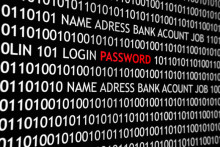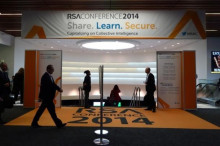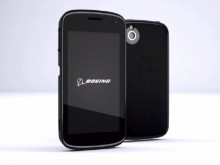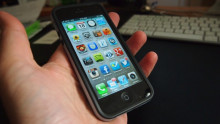Cisco: $300,000 prize for Internet of Things security apps
Cisco today kicked off a contest with $300,000 in prize money that challenges security experts around the world to put together ways to secure what's now called the "Internet of Things," the wide range of non-traditional computing devices used on the electric grid, in healthcare and many other industries.












































































